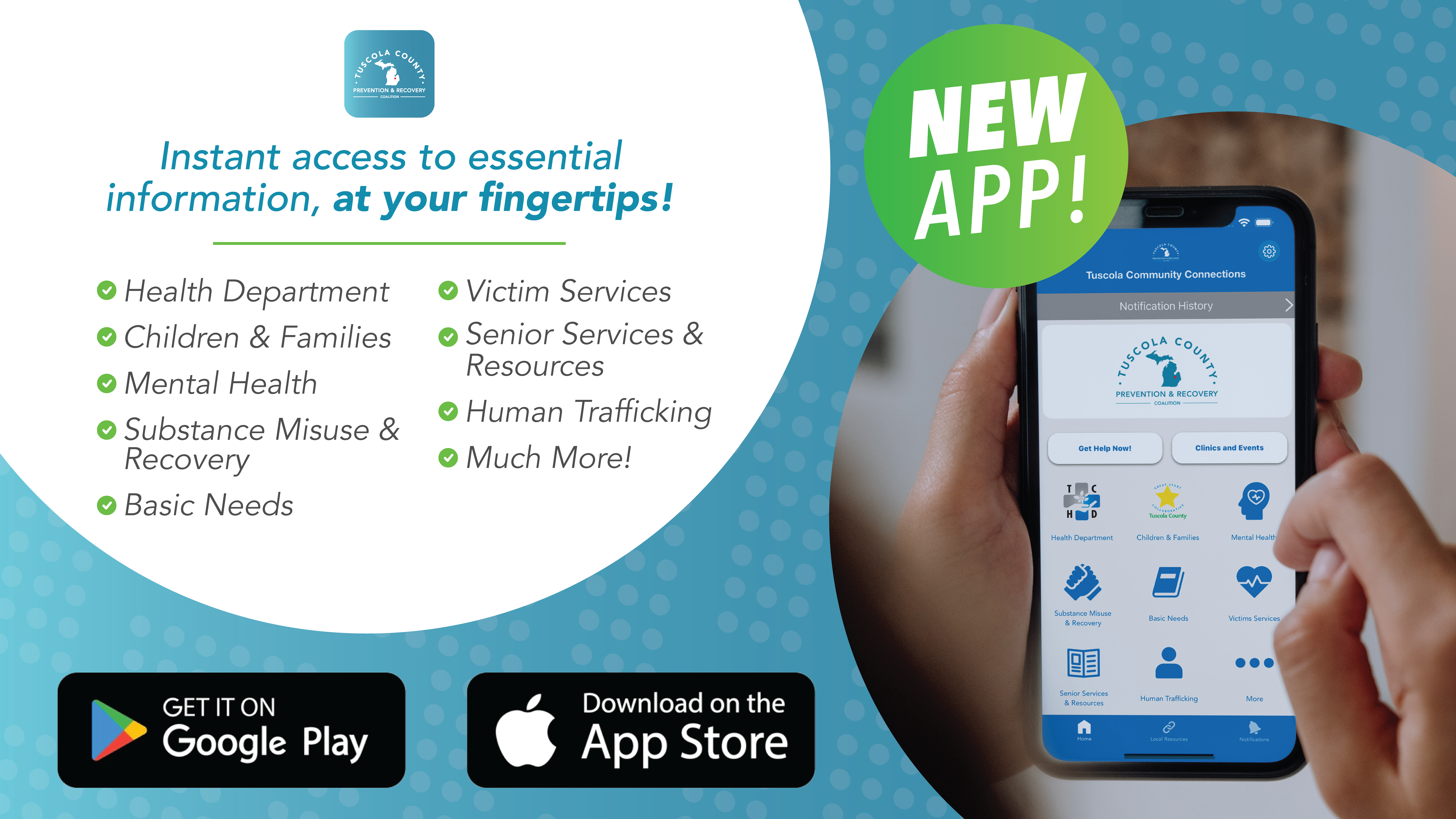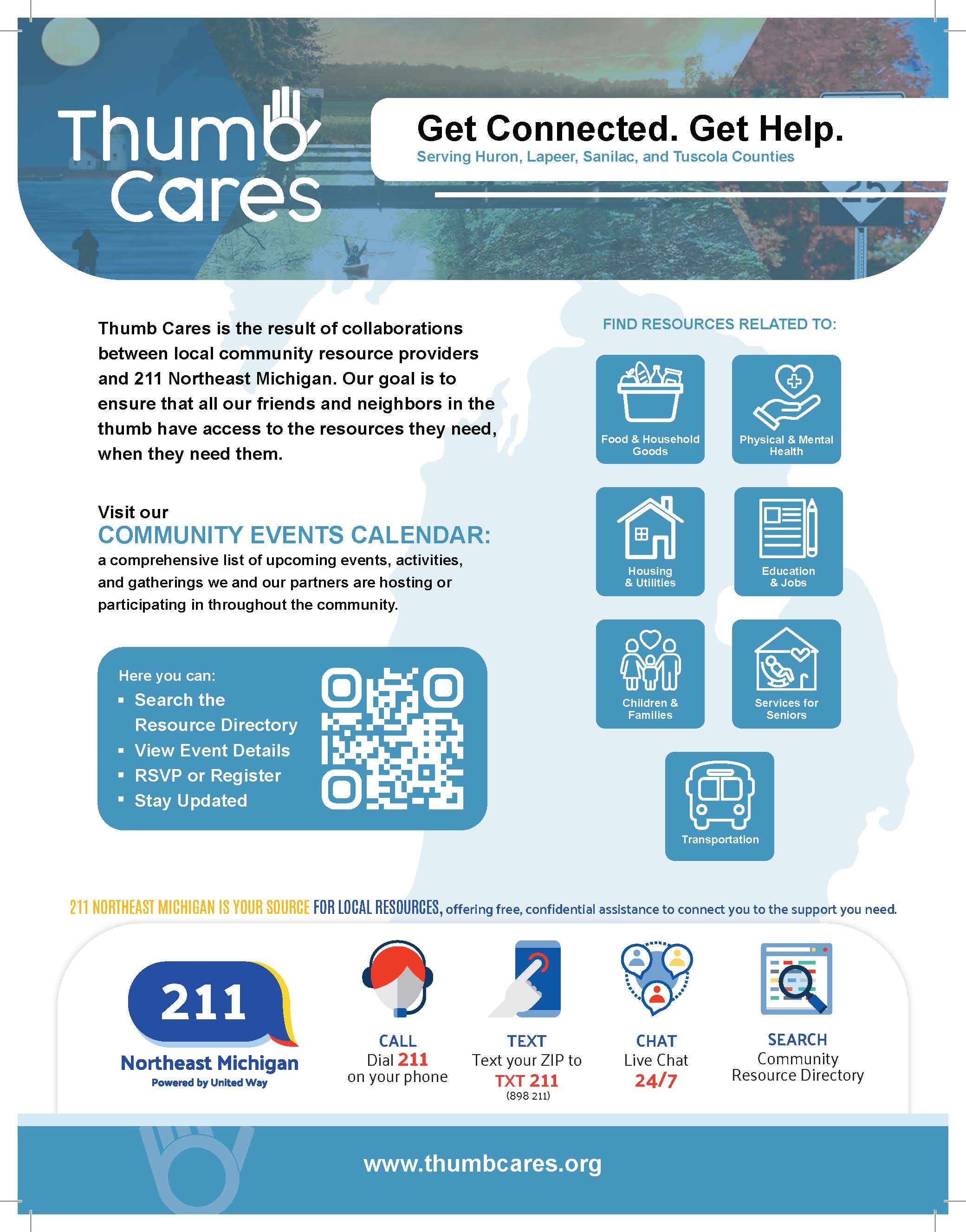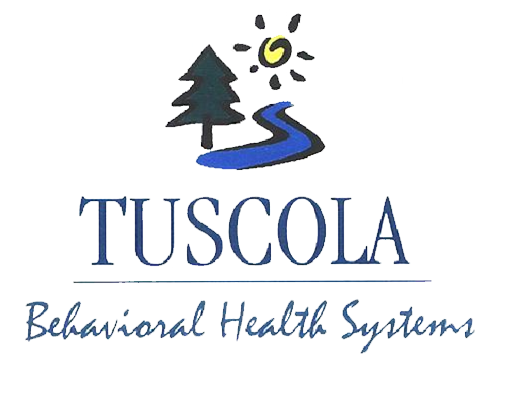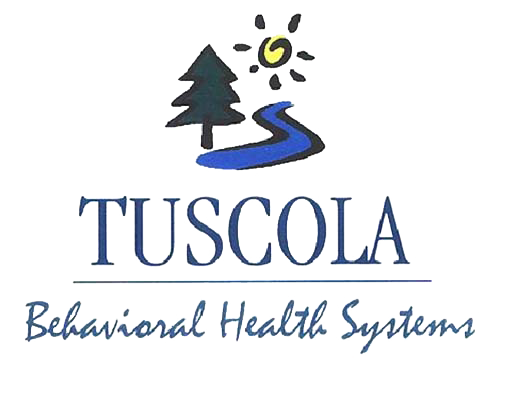
Mental Health Resources
Mental illnesses are very common. They are also widely misunderstood. People with mental illnesses are frequently stigmatized by others who think it is an uncommon condition. The truth is mental illness can happen to anybody. Arm yourself with the facts, then use your knowledge to educate others and reach out to those around you with mental illness. Understanding and support are powerful, and they can make a real difference in the life of a person who needs them.
Learn about mental illness. Mental health problems can affect anyone at any time. That is why everybody needs to understand how mental illnesses can affect individuals, families, and communities. It is also why we all need to learn how we can support our friends who are living with a mental illness. Caring friends can make a real difference. Are you ready to be a real friend?


Mental Health First Aid Training
Mental Health First Aid (MHFA) is an evidence-based public education and certification program that improves mental health literacy and teaches basic skills to help someone experiencing a mental health problem or crisis and connects them to professional care. During the 12 hour interactive training the individuals who participate and complete the course become certified in MHFA and are aware of the 5-step action plan encompassing the skills, resources and knowledge to help an individual in crisis connect with appropriate professional, peer, social, and self-help care.
The training addresses the risk factors and warning signs of specific illnesses such as anxiety, depression, schizophrenia, bipolar disorder, substance use disorders, and eating disorders. The program covers symptoms, causes and evidence-based treatments for depression, anxiety disorders, psychosis, and substance abuse.
“Early detection and treatment can make all the difference in the world to the individual suffering from mental illness and to their family. The program has helped reduce the stigma surrounding mental illness and has changed people’s minds in the community about mental illness. People often start the class viewing individuals with mental illness in a negative light, but finish the training seeing the individual as a person, not their illness.” - Sharon Beals, former CEO of TBHS.
The MHFA training addresses possible crisis situations arising from mental health problems and offers ways to work with individuals. Crisis situations could include a person who is feeling suicidal, a person having a panic attack, a person who has had a recent traumatic experience or a person who is acutely psychotic and perceived to be threatening violence. The program is disseminated by the National Council for Community Behavioral Healthcare, the Maryland Department of Health and Mental Hygiene, and the Missouri Department of Mental Health.
Since Mental Health First Aid was first introduced in the United States in 2008, more than 20,000 people have been trained and a network of 1,350 individuals that have been trained as certified instructors for MHFA.
First aid training is widespread throughout the world to give members of the public skills to help an injured person before medical help arrives. But most first aid courses typically teach little or nothing about helping people with mental health issues. The course does not qualify persons to be a counselor, just as a conventional first aid course does not qualify someone to be a doctor or a nurse. It is designed to provide initial help before mental health services is sought.
The Mental Health First Aid course has benefited a variety of audiences and key professions, including: primary care professionals, employers and business leaders, faith communities, school personnel and educators, state police and corrections officers, nursing home staff, mental health authorities, state policymakers, volunteers, young people, families and the general public.
If you would like further information on how to have this training provided to your community group or staff members, please contact the Director of Marketing and Training at Tuscola Behavioral Health Systems, at 989.673.6191 or 800.462.6814. For further information on Mental Health First Aid visit: www.MentalHealthFirstAid.org
TBHS DOCUMENTS
TBHS Provider Directory (English Version)
HIPAA Notice of Privacy Rights (English Version)
HIPAA Notice of Privacy Rights (Spanish Version)
SUD Treatment Provider Choice Listing by County
Advance Directive Brochure (English Version)
Advance Directive Brochure (Spanish Version)
SAMHSA Resources for Traumatic Events
Tips for Survivors of a Disaster or Other Traumatic Event: Managing Stress—This SAMHSA tip sheet gives stress prevention and management tips for dealing with the effects of a disaster or trauma. It identifies common reactions to disasters and other traumatic events, lists tips to manage and lower stress, and highlights signs of the need for professional support. https://store.samhsa.gov/product/Tips-for-Survivors-of-a-Disaster-or-Other-Traumatic-Event-Managing-Stress/SMA13-4776
This tip sheet is also available in Spanish at https://store.samhsa.gov/product/Tips-for-Survivors-of-a-Disaster-or-Other-Traumatic-Event-Managing-Stress-Spanish-Version-/SMA13-4776SPANISH. A similar tip sheet is available in Punjabi at https://store.samhsa.gov/product/Tips-for-Survivors-of-a-Traumatic-Event-Managing-Your-Stress-Punjabi-Version-/NMH05-0209PUNJABI.
Bounce Back Now—Bounce Back Now is a free mobile app available through the Google Play and App Stores. It is intended to help people with coping and resilience after a natural disaster or incident of mass violence. Once users have created an account, they can complete regular questionnaires to assess mental health, access education and coping tools, and put together a plan for improving emotional health. There are also parenting tips for helping children and teens in coping with the emotional impacts of a disaster. https://www.bouncebacknow.org
Mental Health Resource Links
*Click below for more information
Michigan Home Based Family Services
Michigan Dept of Health & Human Services
Community Mental Health Association of Michigan
What A Difference A Friend Makes
Parents Guide to Recognizing & Treating Depression
Tips for Talking with and Helping Children & Youth Cope After a Disaster or Traumatic Event
After A Suicide Tool Kit for Schools
Suicide Survivors Support Group
Ask Yourself - A Domestic & Sexual Violence Prevention & Resource Guide
Sharing Hope: An African American Guide to Mental Health
A Resource Guide for Families Dealing with Mental Illness
Starting the Conversation: College and Your Mental Health
What Families Need to Know about Adolescent Depression
Talking About Mental Health Video
Your Guide to Special Education
Michigan Alliance For Families
Legal Services for Senior Citizens
National Human Trafficking Hotline
Thumb Opioid Response Consortium Resource Guide


